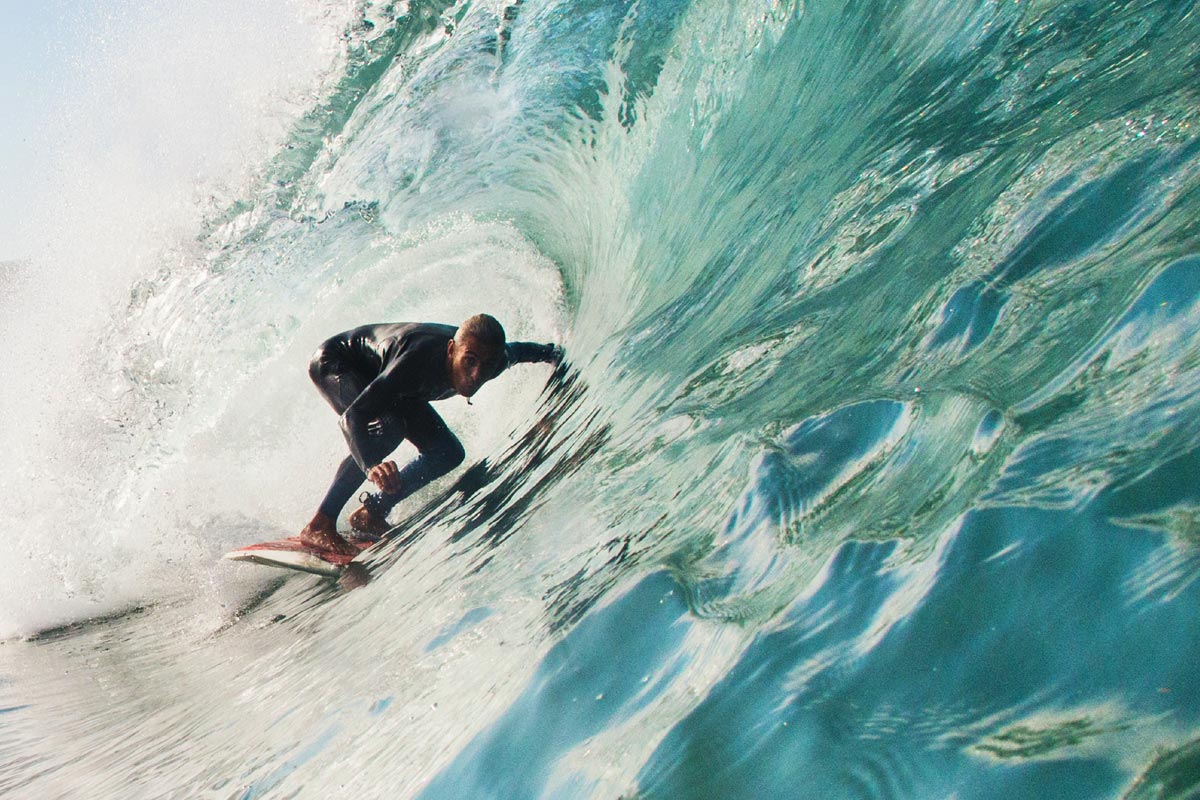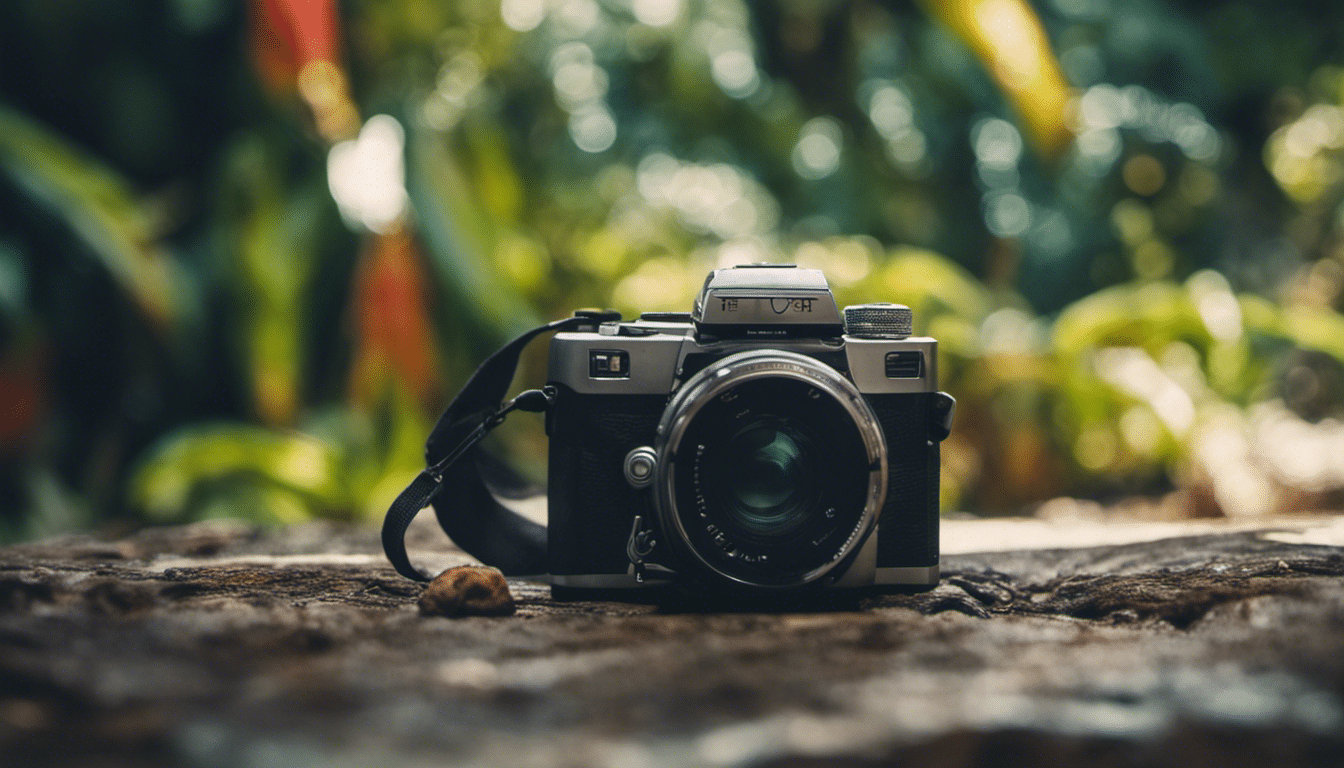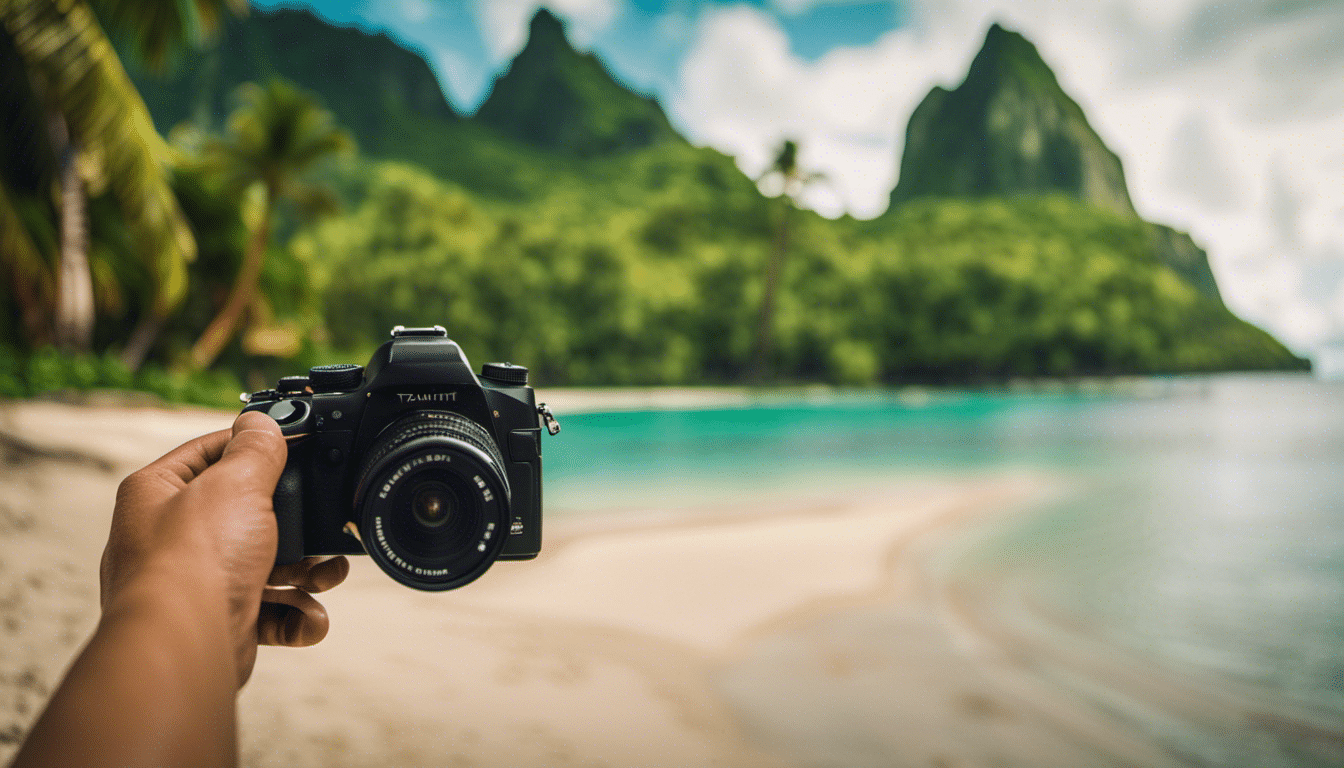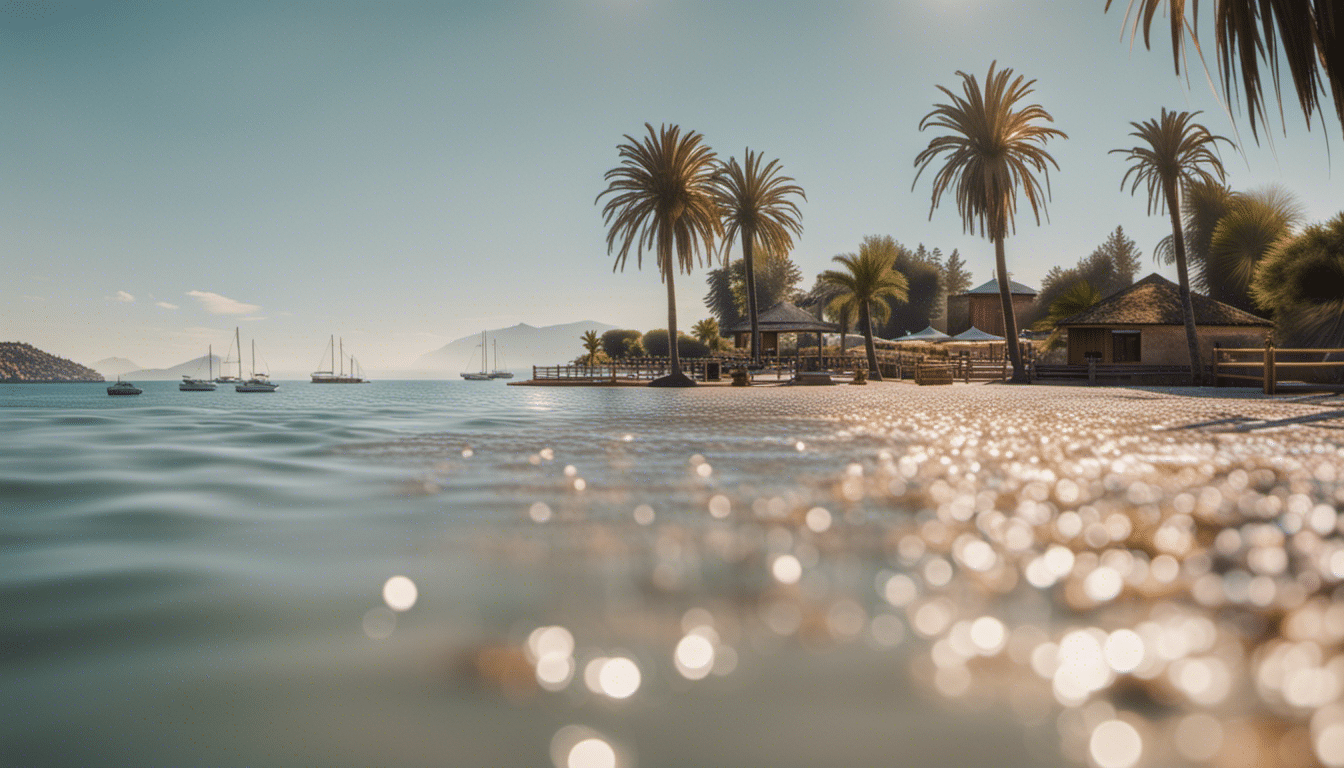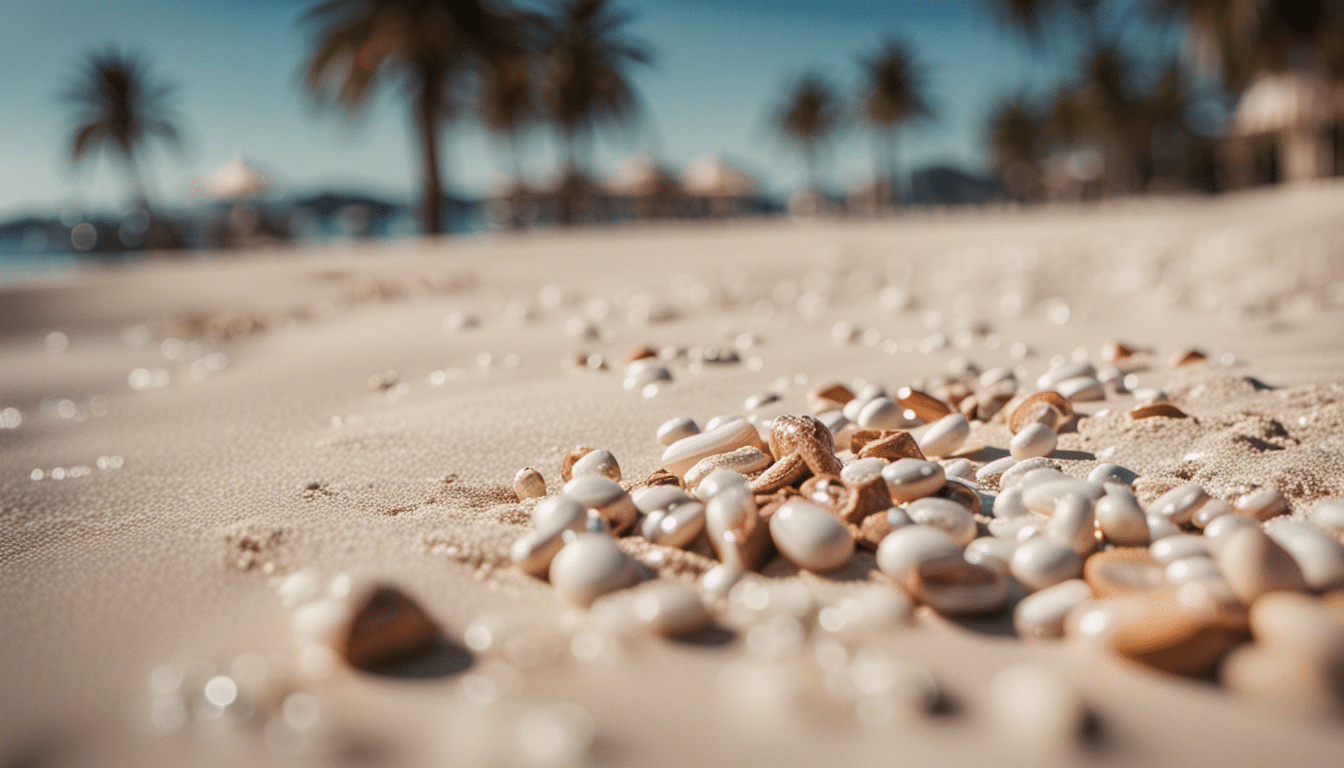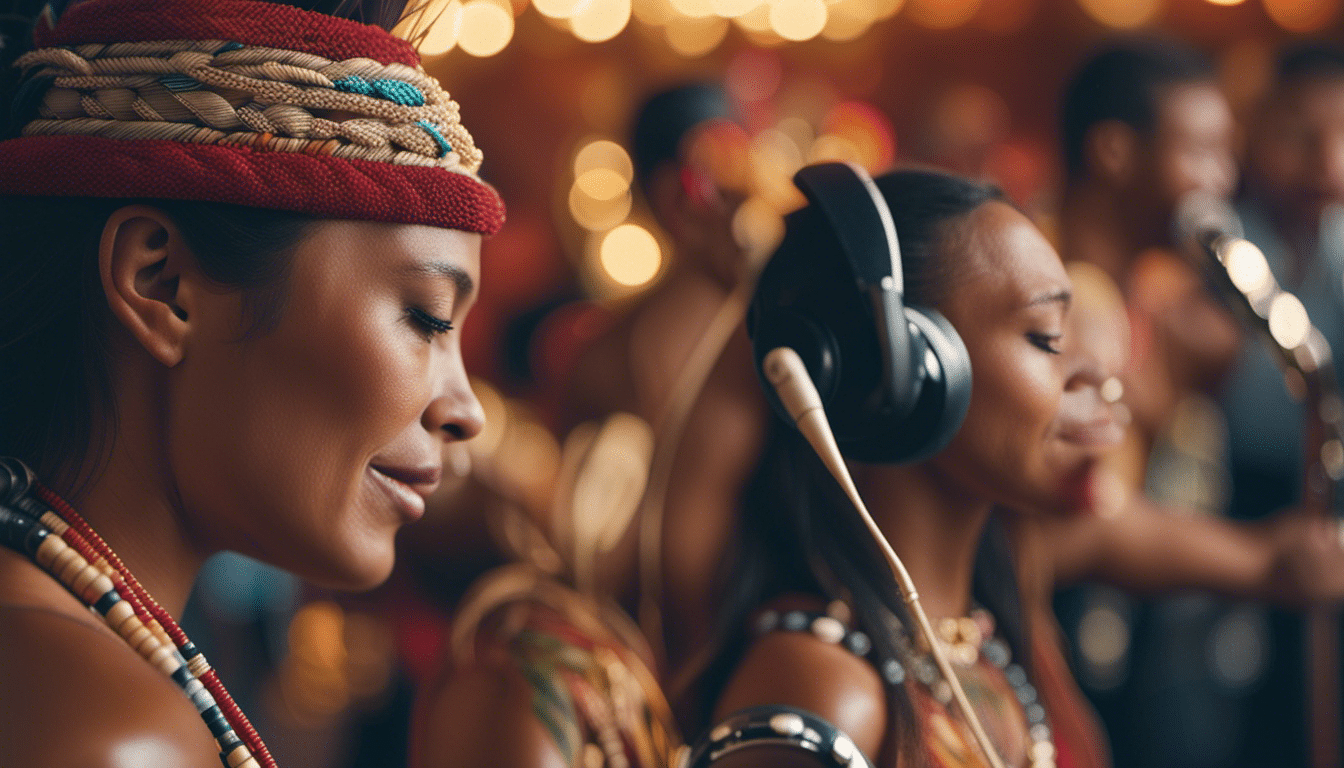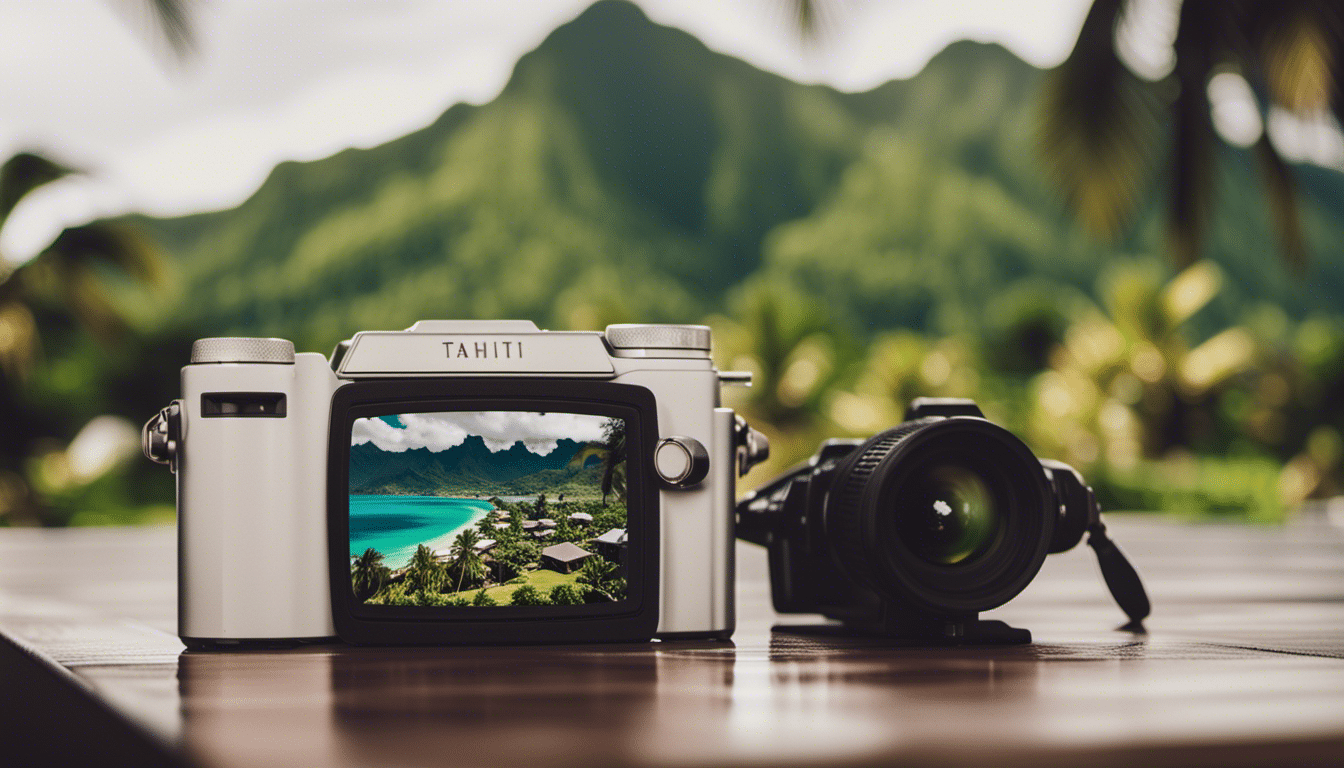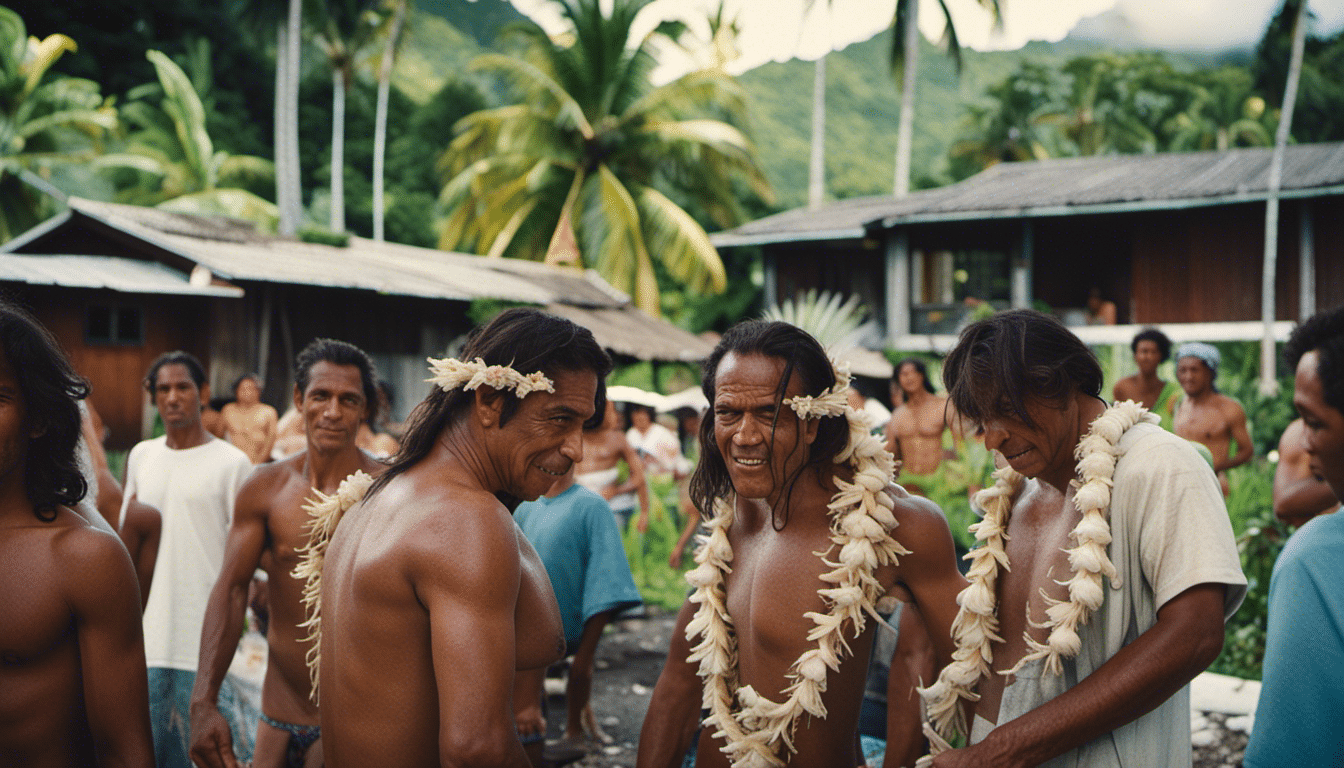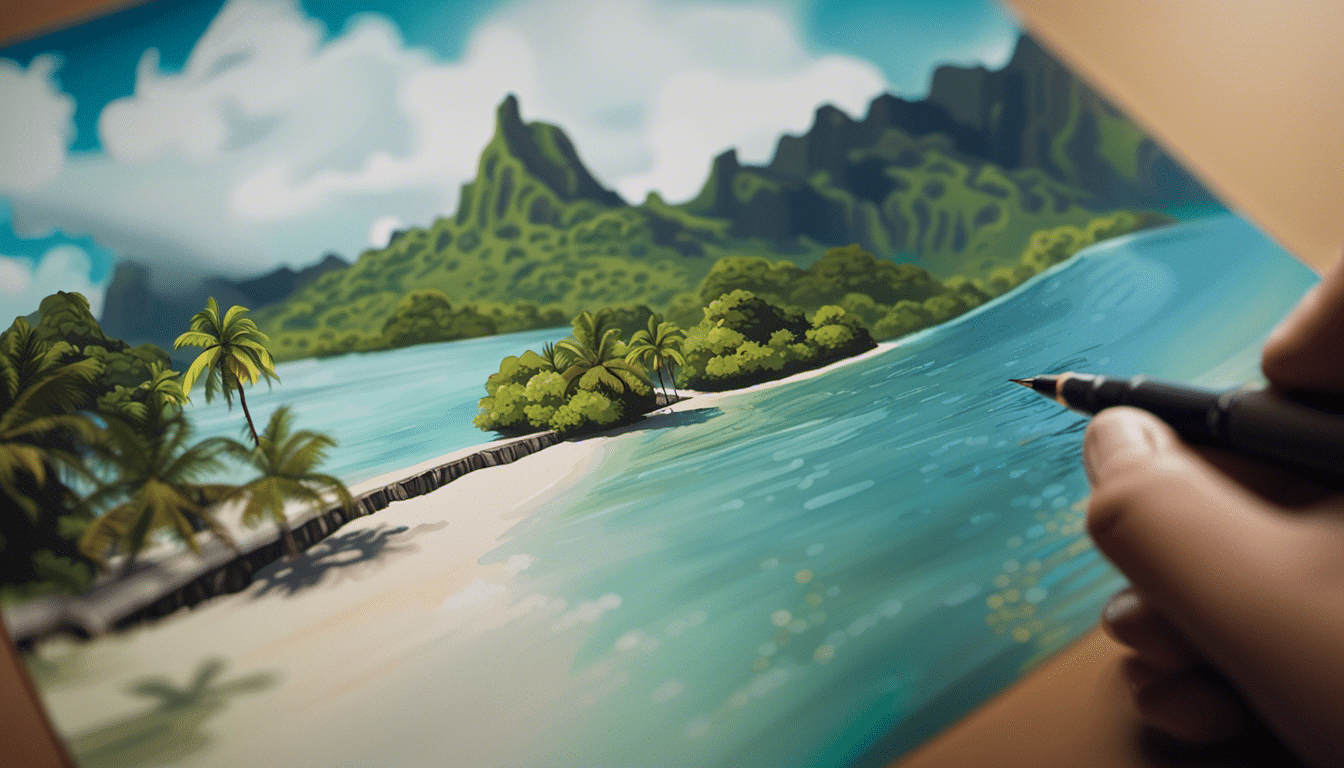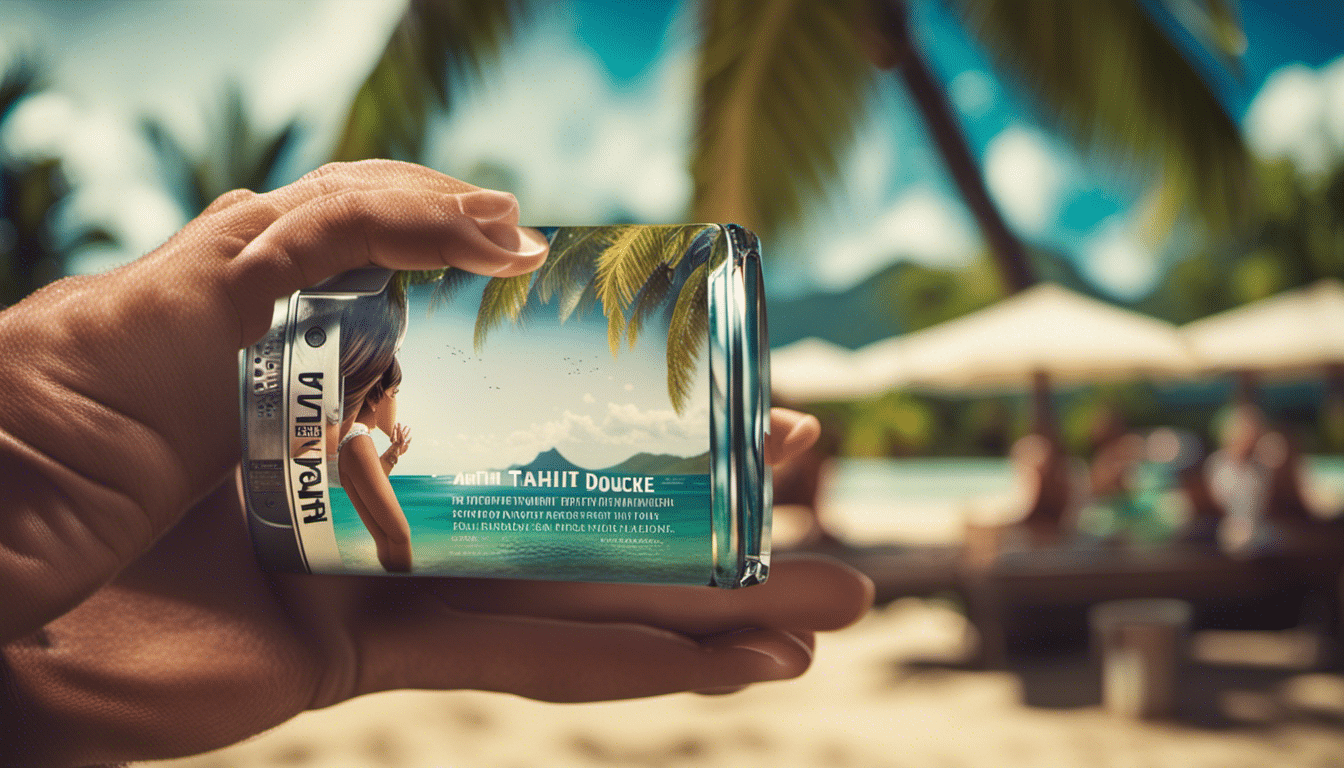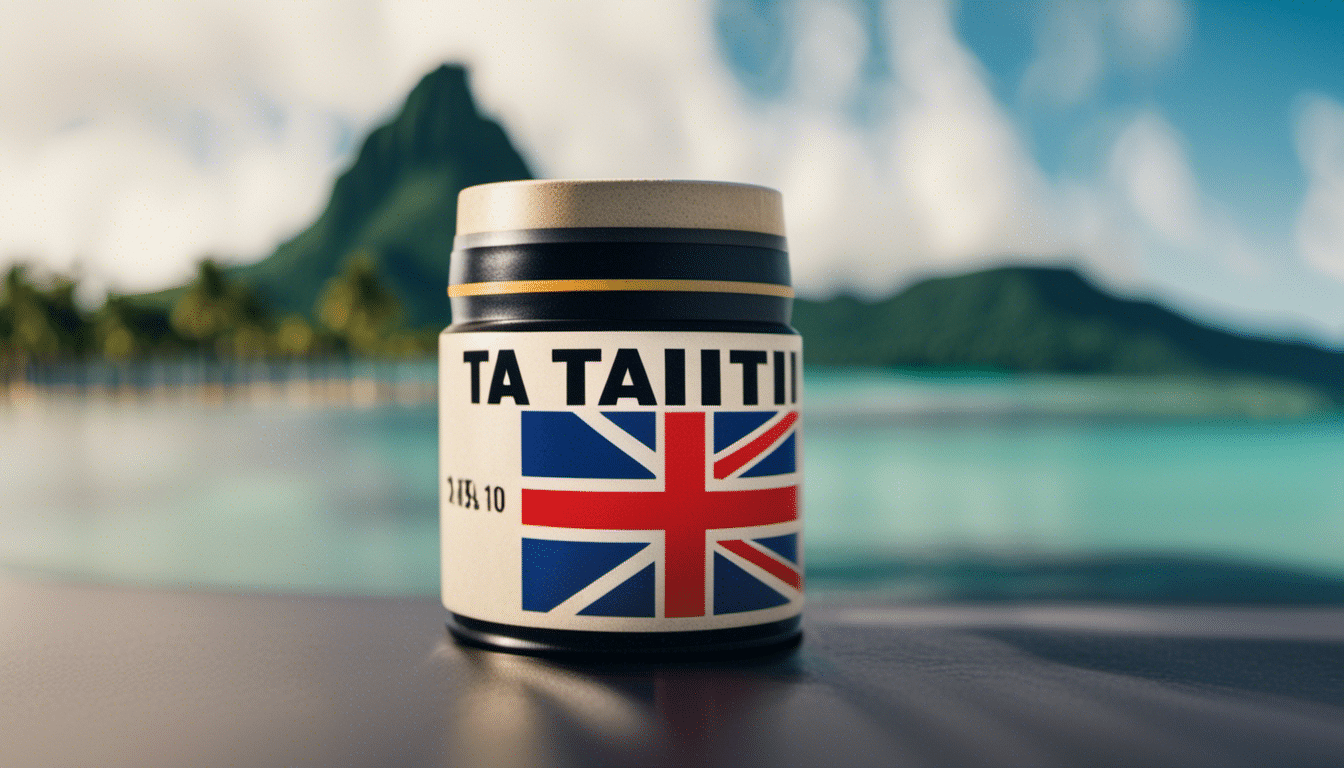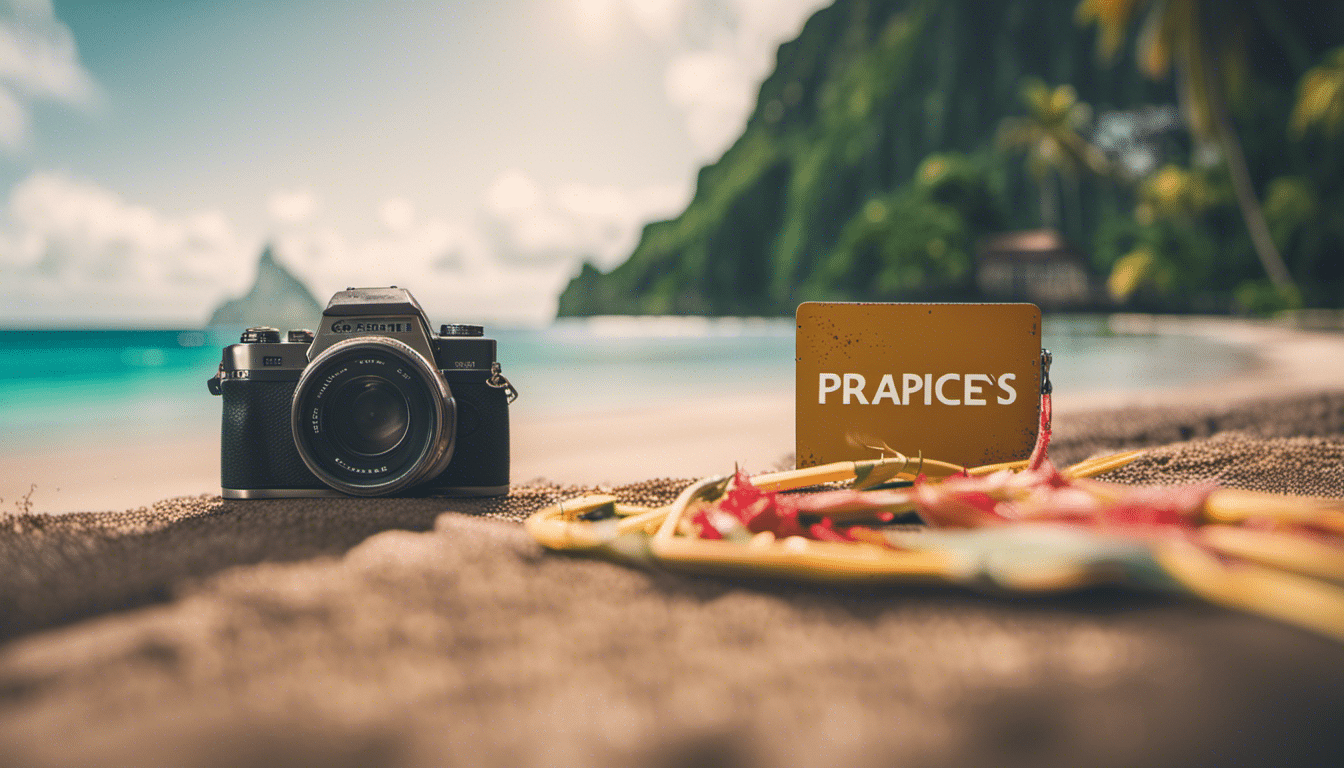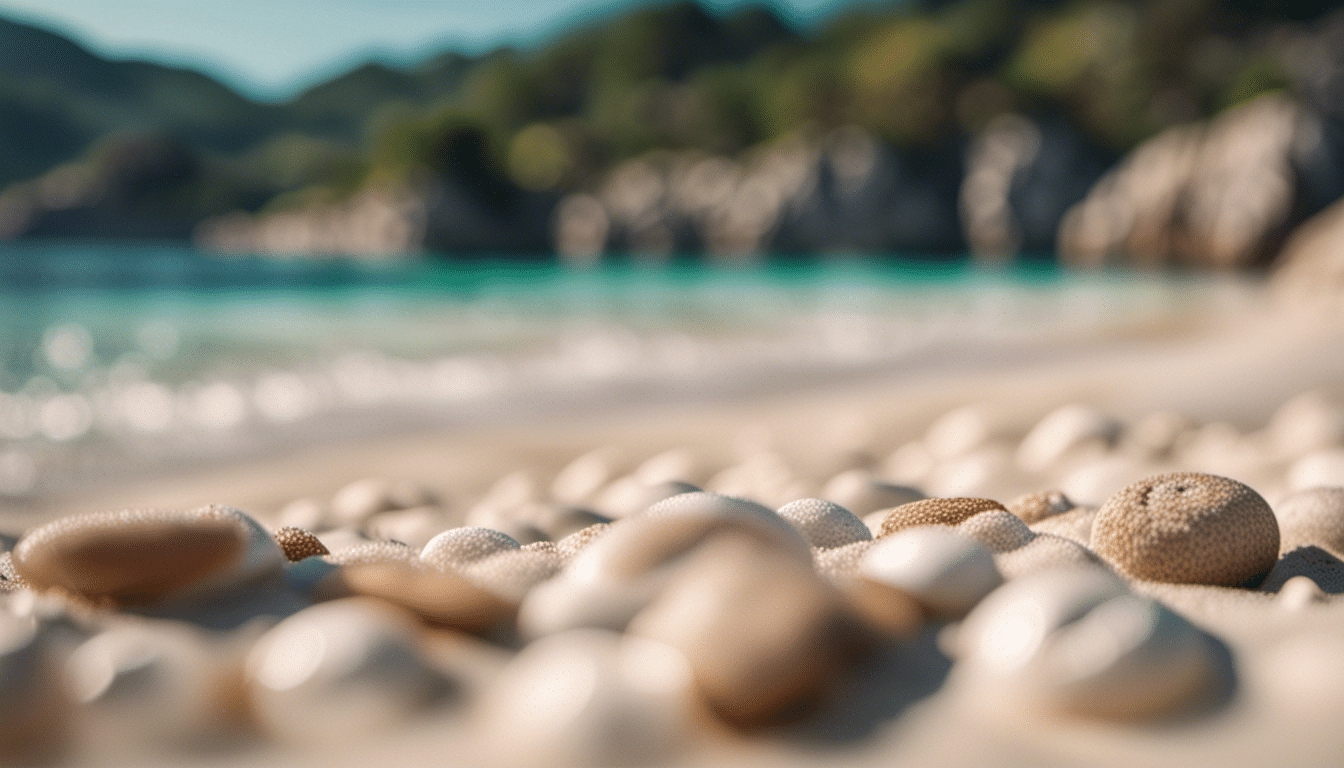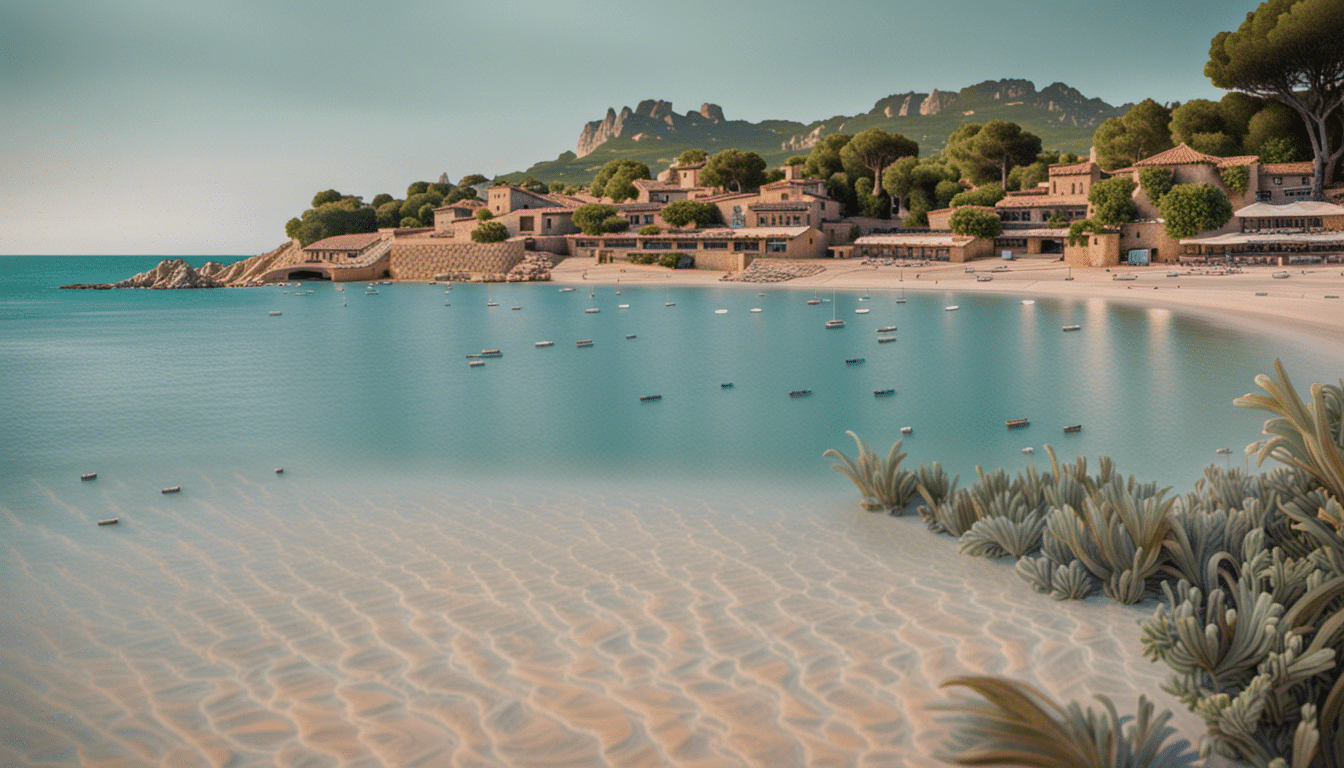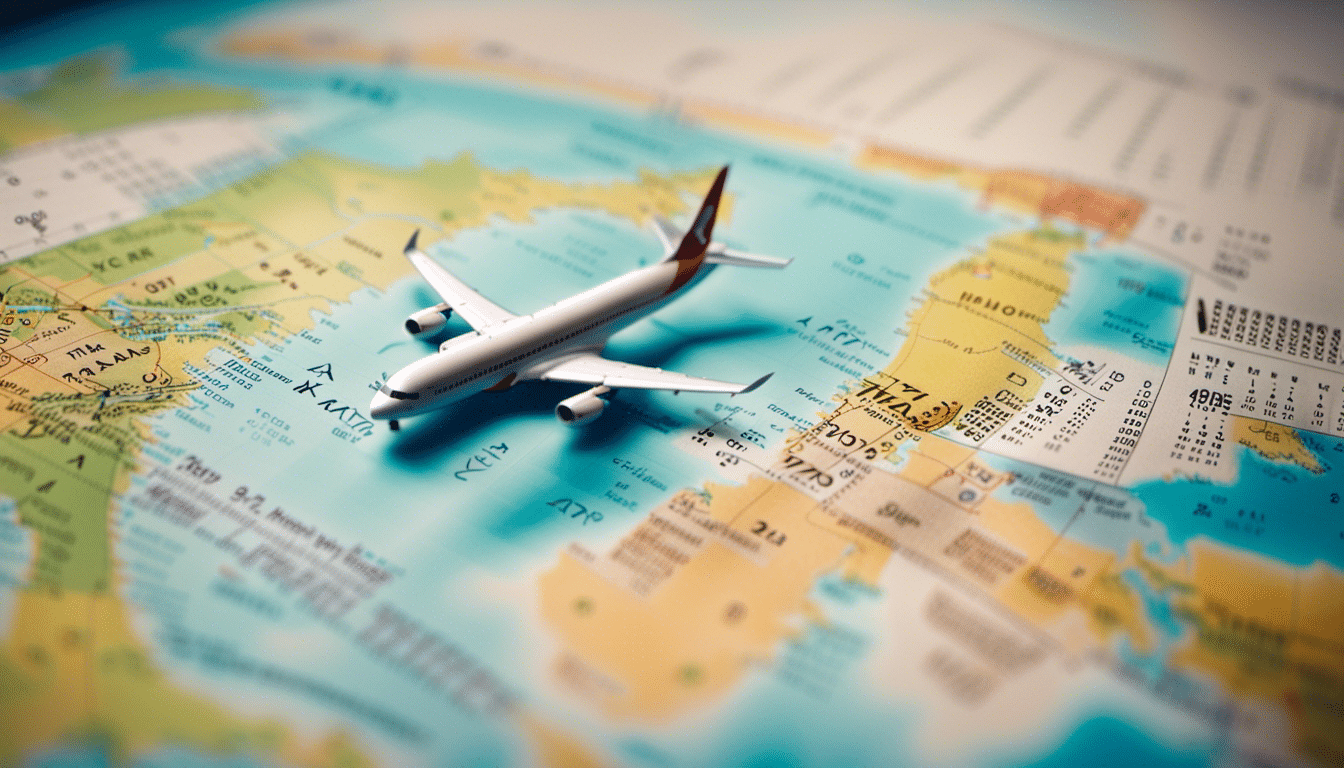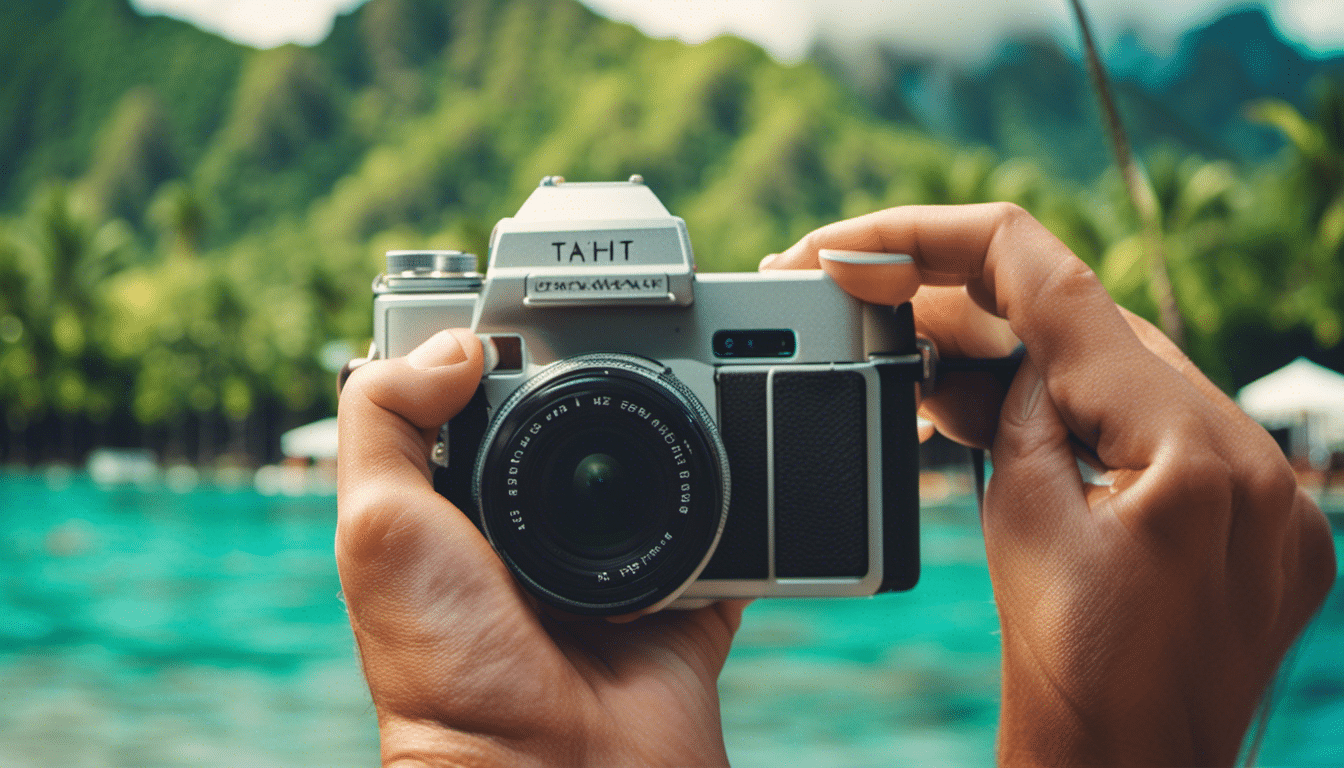Tahitian culture is a Polynesian culture rich in history, traditions, and arts. Throughout the centuries, the Polynesians have managed to maintain their way of life and their customs that have shaped the island of Tahiti and French Polynesia as we know it today. This journey through history and traditions will allow us to discover the many facets of Tahitian culture.
Tahitian culture: A historical richness
Tahitian culture has its roots in Polynesian culture. Polynesians migrated from Southeast Asia to Oceania over 2000 years ago, developing their own language, music, dance, and arts. Captain James Cook discovered the island of Tahiti in 1769, and since then Tahitian culture has become an integral part of French culture.
The arrival of European navigators
The arrival of European navigators, particularly the French, had a major influence on Tahitian culture. French missionaries introduced Christianity, education, and the French language to Tahiti, changing the social and cultural structure of the island. French settlers also introduced new agricultural cultures, such as the cultivation of vanilla, the practice of deep-sea fishing, and the production of black pearls.
The traditions of Tahitian culture
Tahitian culture includes several traditions that have persisted through the centuries thanks to strong intergenerational transmission. Traditions include ceremonies, songs, dances, and traditional cuisine – every aspect of daily life is represented in Tahitian culture.
Traditional ceremonies
Traditional ceremonies are an important part of Tahitian life. Polynesians have established various customs to celebrate births, marriages, deaths, and harvests. One of the most iconic ceremonies is the Heiva I Tahiti, which is an annual festival celebrating Tahitian culture and traditions.
Traditional songs and dances
Music and dance are omnipresent in Tahitian culture. Traditional songs and dances are popular all over Tahiti, and Polynesians excel at creating captivating rhythms and melodies. Dances include the fire dance, the coconut tree dance, and the drum dance. The songs often tell stories about Tahitian history and tradition.
Traditional Polynesian cuisine
Tahitian cuisine is a traditional Polynesian cuisine that uses local ingredients such as taro, fish, and tropical fruits. Tahitian cuisine also uses exotic spices such as coconut, vanilla, and tiare (a local flower). The typical dish of Tahiti is raw fish marinated in lime juice and coconut, called “poisson cru”.
The traditional arts of Tahitian culture
Tahitian arts are widely recognized for their beauty and expression of Polynesian culture. The arts include sculpture, fabrics, basket weaving, and painting. Polynesians experienced a significant artistic revolution in the years following the arrival of Europeans, taking into account Western influences to create new artistic expressions.
sculpture and fabrics
Carving and fabrics are two of the oldest forms of Tahitian art. Tahitian carvers created utilitarian objects, such as canoes and canoes, as well as decorative items such as statues and carved wooden objects. Polynesian fabrics, such as “Pareu”, are handmade and often feature a unique tribal pattern.
Basketry and painting
Basketry and painting are arts that developed after the arrival of Europeans in Tahiti. Wickerwork baskets are used to store and transport foodstuffs and objects, while paint is used to create canvas paintings and wall murals.
Tahitian Culture FAQs
Why is Tahitian culture unique?
Tahitian culture is unique due to its history, tradition, and geographic location, as well as many other factors.
What are the major events that have shaped Tahitian culture?
The arrival of the first Polynesians, the arrival of European navigators, and the influence of French colonization have all helped shape Tahitian culture.
What is the meaning of Tahitian tattoos?
Tahitian tattoos have rich symbolic meaning, including symbols representing animals, spiritual objects, and significant events in the lives of Polynesians.
How is Tahitian culture celebrated today?
Tahitian culture is celebrated year-round on the Polynesian islands with cultural festivals, concerts, traditional dancers, and performers from across the region.
Conclusion
Tahitian culture is a journey through Polynesian history and traditions that have shaped the island of Tahiti and French Polynesia. The traditions, arts, and culture are recognized worldwide for their beauty and unique expression of Polynesian culture. By celebrating Tahitian culture, we are celebrating the history and tradition that have made Tahiti such a special and authentic place.


